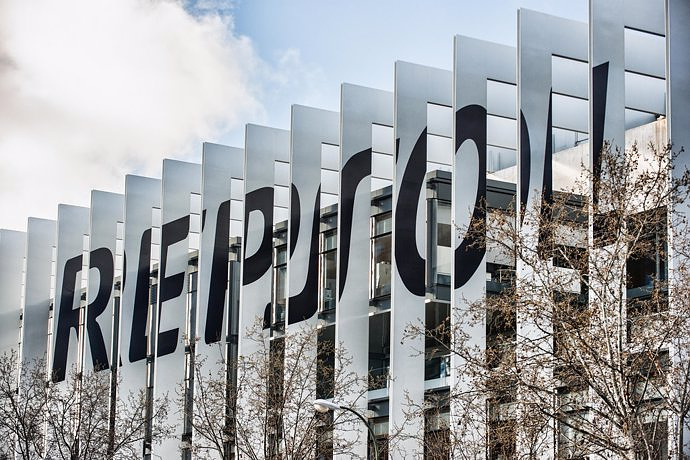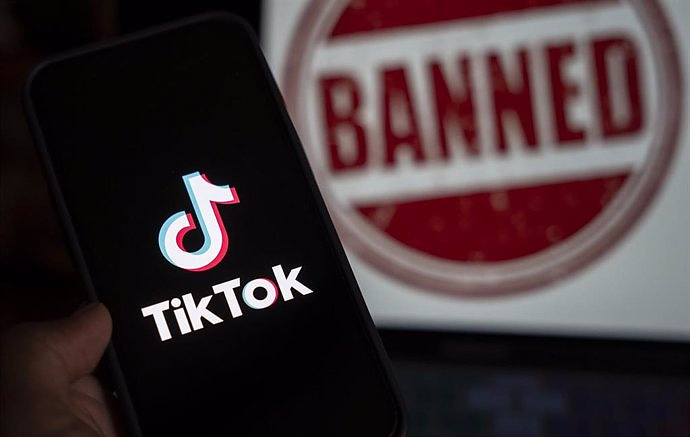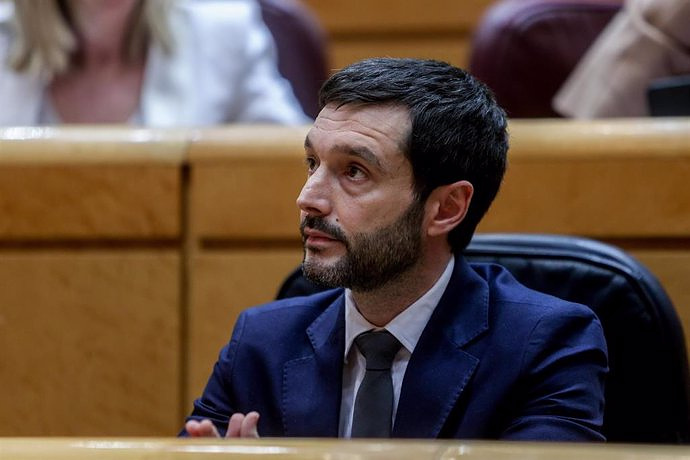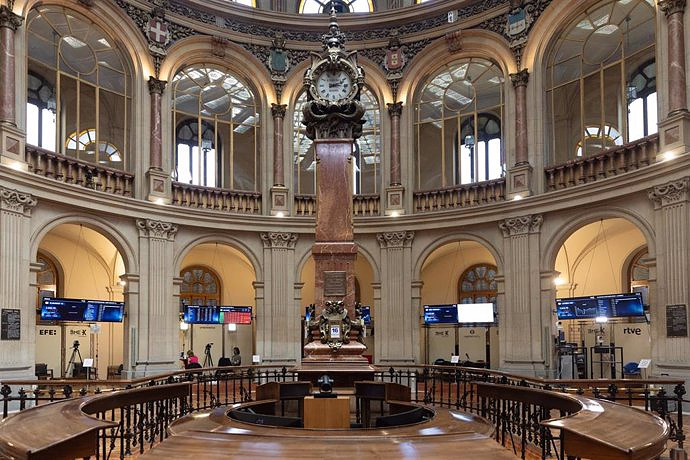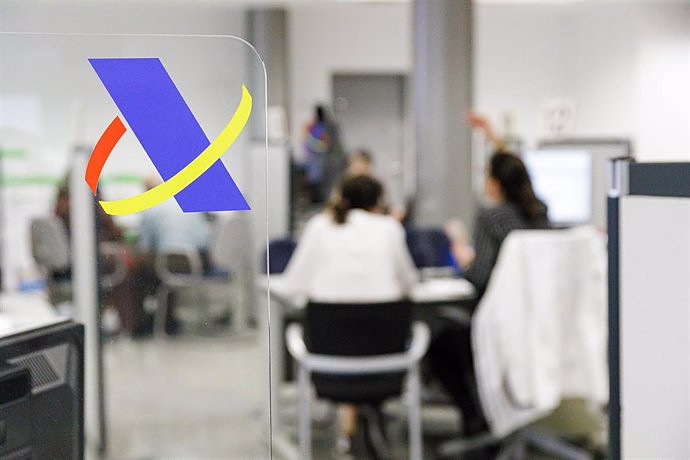MADRID, 29 May. (EUROPA PRESS) -
The former vice president of Nigeria Atiku Abubakar has validated the forecasts that granted him victory in the primaries of the People's Democratic Party (PDP), the main opposition formation in Nigeria, and thus becomes his candidate for the Presidency in the 2023 elections.
Abubakar has won 341 of the 810 votes at the party's congress, held in Abuja, in which he has defeated important contenders such as the governor of the state of Rivers, Nyesom Wike, second in the vote with 237 supports, according to the media. Nigerians.
"Today we are writing another story, one that will bring about fundamental changes in governance and also in our political processes," said Abubakar, 75, who has made the fight against "economic challenges" a priority, which he blamed on the party of Government, the All Progressives Congress (APC), reports Bloomberg.
The APC led by the country's president, Muhammadu Buhari, also planned to hold its primaries this weekend, but has decided to postpone the call for seven days after learning that the Electoral Commission has decided to extend the deadline for the presentation of the list of candidates from political parties.
The current vice president of the country, Yemi Osinbajo, leaves with all the ballots to become the party's candidate for the Presidency, without ruling out other names such as his former mentor and national party leader, Bola Tinubu, or the Minister of Transport, Rotimi Amaechi.
Abubakar ran against Buhari in 2019 and won 41 percent of the vote, to the president's 56 percent. The 2023 elections will be the sixth election for what was former President Olusegun Obasanjo's vice president for eight years, after Nigeria returned to democracy in 1999.
The elections are interpreted as a turning point in a country in which the population is asking for new blood to devise new strategies against the bloodthirsty jihadist organization Boko Haram, one of the most dangerous on the continent, and the groups of "bandits" and looters that devastate the northwest of the country, not to mention the intensification of separatist movements, land conflicts and the increase in inflation and registered unemployment in recent months.

 Exploring Cardano: Inner Workings and Advantages of this Cryptocurrency
Exploring Cardano: Inner Workings and Advantages of this Cryptocurrency Seville.- Economy.- Innova.- STSA inaugurates its new painting and sealing hangar in San Pablo, for 18 million
Seville.- Economy.- Innova.- STSA inaugurates its new painting and sealing hangar in San Pablo, for 18 million Innova.- More than 300 volunteers join the Andalucía Compromiso Digital network in one month to facilitate access to ICT
Innova.- More than 300 volunteers join the Andalucía Compromiso Digital network in one month to facilitate access to ICT Innova.-AMP.- Ayesa acquires 51% of Sadiel, which will create new technological engineering products and expand markets
Innova.-AMP.- Ayesa acquires 51% of Sadiel, which will create new technological engineering products and expand markets Prosecutor's Office requests the filing of a new case against Shakira for alleged tax crime
Prosecutor's Office requests the filing of a new case against Shakira for alleged tax crime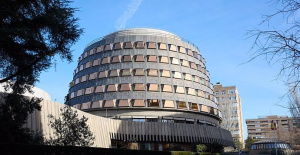 The Constitutional Court endorses the law that criminalizes harassment in abortion clinics
The Constitutional Court endorses the law that criminalizes harassment in abortion clinics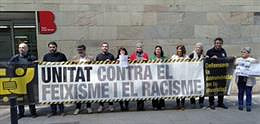 PSC and Junts join the commitment not to agree with Vox or Aliança Catalana
PSC and Junts join the commitment not to agree with Vox or Aliança Catalana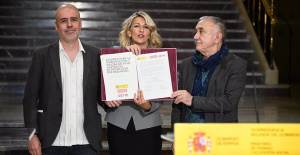 This is the subsidy reform: higher amounts and beneficiaries and compatibility of unemployment with a salary
This is the subsidy reform: higher amounts and beneficiaries and compatibility of unemployment with a salary How Blockchain in being used to shape the future
How Blockchain in being used to shape the future Not just BTC and ETH: Here Are Some More Interesting Coins Worth Focusing on
Not just BTC and ETH: Here Are Some More Interesting Coins Worth Focusing on They develop devices for the precise diagnosis of cancer patients
They develop devices for the precise diagnosis of cancer patients UMH researchers are working on a high-quality apricot crop that requires less irrigation water
UMH researchers are working on a high-quality apricot crop that requires less irrigation water The UPV develops an application to improve the quality of life of patients with glioblastoma
The UPV develops an application to improve the quality of life of patients with glioblastoma A sensor system obtains the fingerprint of essential oils and detects if they have been adulterated
A sensor system obtains the fingerprint of essential oils and detects if they have been adulterated A million people demonstrate in France against Macron's pension reform
A million people demonstrate in France against Macron's pension reform Russia launches several missiles against "critical infrastructure" in the city of Zaporizhia
Russia launches several missiles against "critical infrastructure" in the city of Zaporizhia A "procession" remembers the dead of the Calabria shipwreck as bodies continue to wash up on the shore
A "procession" remembers the dead of the Calabria shipwreck as bodies continue to wash up on the shore Prison sentences handed down for three prominent Hong Kong pro-democracy activists
Prison sentences handed down for three prominent Hong Kong pro-democracy activists ETH continues to leave trading platforms, Ethereum balance on exchanges lowest in 3 years
ETH continues to leave trading platforms, Ethereum balance on exchanges lowest in 3 years Investors invest $450 million in Consensys, Ethereum incubator now valued at $7 billion
Investors invest $450 million in Consensys, Ethereum incubator now valued at $7 billion Alchemy Integrates Ethereum L2 Product Starknet to Enhance Web3 Scalability at a Price 100x Lower Than L1 Fees
Alchemy Integrates Ethereum L2 Product Starknet to Enhance Web3 Scalability at a Price 100x Lower Than L1 Fees Mining Report: Bitcoin's Electricity Consumption Declines by 25% in Q1 2022
Mining Report: Bitcoin's Electricity Consumption Declines by 25% in Q1 2022 Oil-to-Bitcoin Mining Firm Crusoe Energy Systems Raised $505 Million
Oil-to-Bitcoin Mining Firm Crusoe Energy Systems Raised $505 Million Microbt reveals the latest Bitcoin mining rigs -- Machines produce up to 126 TH/s with custom 5nm chip design
Microbt reveals the latest Bitcoin mining rigs -- Machines produce up to 126 TH/s with custom 5nm chip design Bitcoin's Mining Difficulty Hits a Lifetime High, With More Than 90% of BTC Supply Issued
Bitcoin's Mining Difficulty Hits a Lifetime High, With More Than 90% of BTC Supply Issued The Biggest Movers are Near, EOS, and RUNE during Friday's Selloff
The Biggest Movers are Near, EOS, and RUNE during Friday's Selloff Global Markets Spooked by a Hawkish Fed and Covid, Stocks and Crypto Gain After Musk Buys Twitter
Global Markets Spooked by a Hawkish Fed and Covid, Stocks and Crypto Gain After Musk Buys Twitter Bitso to offset carbon emissions from the Trading Platform's ERC20, ETH, and BTC Transactions
Bitso to offset carbon emissions from the Trading Platform's ERC20, ETH, and BTC Transactions Draftkings Announces 2022 College Hoops NFT Selection for March Madness
Draftkings Announces 2022 College Hoops NFT Selection for March Madness
